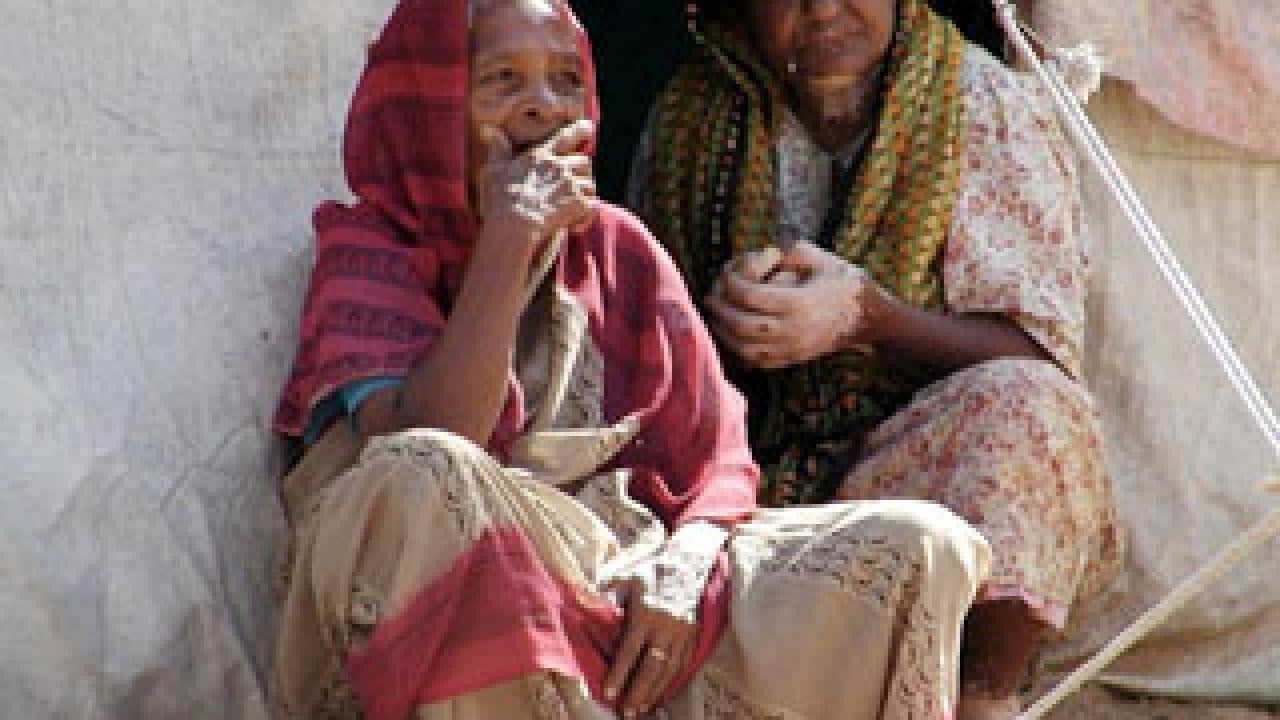A UC Davis agricultural economist will direct a $25 million federal program aimed at creating financial systems that can boost agricultural productivity and food security in developing countries.
The five-year project, funded by the U.S. Agency for International Development, will finance research projects that design and test financial technologies, such as linked credit and insurance contracts, that can reduce the vulnerability of poor households to adverse events, making it easier for them to invest in new agricultural technologies and break the cycle of poverty.
“Many developing country farmers are mired in low levels of agricultural productivity, and new seeds and markets by themselves can go only so far in solving the problem,” said Michael Carter, a professor of agricultural and resource economics and director of the newly funded project at UC Davis. The project is called the BASIS Assets and Market Access Collaborative Research Support Program.
“Closing that productivity gap now requires that we address financial, risk-management and asset constraints that are hindering poor, rural households,” Carter said. “In a world in which more than one billion people suffer from chronic hunger, this is one research effort in which failure is not an option.”
An authority on development economics and poverty dynamics, Carter has focused his recent research on agricultural risk management and the economics of sustainable food security.
The newly funded UC Davis-based program is designed to work with other research partners worldwide. It will soon put out a first call for research proposals.
The program will cooperate with the I-4 Index Insurance Innovation Initiative, also directed by Carter and housed at UC Davis. The initiative has developed an innovative livestock insurance program intended to prevent rural livestock producers in arid east Africa from falling into indigence and food-aid dependence
Index-based insurance protects against risks shared by an entire community. In this case, the index, or statistical measure of risk, is the availability of forage based on satellite imagery. When the forage index predicts livestock mortality in excess of 15 percent, an insurance payment is triggered to all clients within the defined geographic area.
Media Resources
Pat Bailey, Research news (emphasis: agricultural and nutritional sciences, and veterinary medicine), 530-219-9640, pjbailey@ucdavis.edu
Michael Carter, Agricultural and Resource Economics, 530-752-4672, mrcarter@ucdavis.edu
